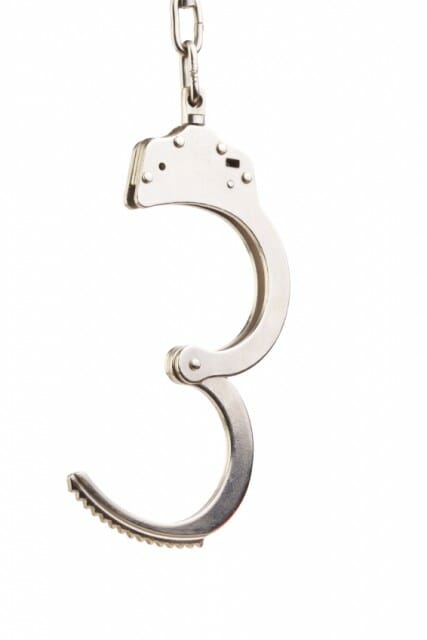
Decriminalization essentially means that a given activity no longer qualifies as criminal conduct and can only be treated as a civil infraction, but that activity is unregulated. Legalization ultimately means the ability to lawfully regulate a given activity, as well as the fact that that activity is no longer considered criminal conduct. A great article highlighting the staggering differences between decriminalization and legalization is by The Economist, entitled “A half-smoked joint: Decriminalizing drugs leaves the crooks with the cash. Legalize drugs instead.”
Why does the difference between the two even matter?
Decriminalization is NOT enough when it comes to marijuana. As The Economist points out, decriminalization should only be a step towards legalization and regulation. But to leave marijuana simply decriminalized (without more) helps to preserve the existing dangerous criminal monopoly over it. As The Economist simply puts it:
Decriminalization is only half the answer. As long as supplying drugs remains illegal, the business will remain a criminal monopoly. Jamaica’s gangsters will continue to enjoy total control over the ganja market. They will go on corrupting police, murdering their rivals and pushing their products to children. People who buy cocaine in Portugal face no criminal consequences, but their euros still end up paying the wages of the thugs who saw off heads in Latin America. For the producer countries, going easy on drug-users while insisting that the product remain illegal is the worst of all worlds.
That is why decriminalization makes sense only as a step towards legalization. Jamaica and other countries frustrated with the current regime should adopt the policy pioneered by brave Uruguay, Colorado and Washington state, the only places in the world to put criminals out of business. By legalizing cannabis from cultivation to retail, these places have snatched the industry away from crooks and given it to law-abiding entrepreneurs. Unlike the mafia, they pay tax and obey rules on where, when and to whom they can sell their products. Money saved on policing weed can be spent on chasing real criminals, or on treatment for addicts.
To a large extent, decriminalizing cannabis lends ammunition to those opposing legalization. This is because if marijuana is left unregulated gangs and drug cartels will still loom large in the cannabis industry and access by children is more likely. Marijuana opponents can then use these two things to broadly paint cannabis with a bad brush. Eliminating (or at least ameliorating) these arguments requires legalization.
So, when you’re talking about decriminalization versus legalization, be sure to recognize the difference between the two and realize that decriminalization is only a half step towards legalization.
Got it?























